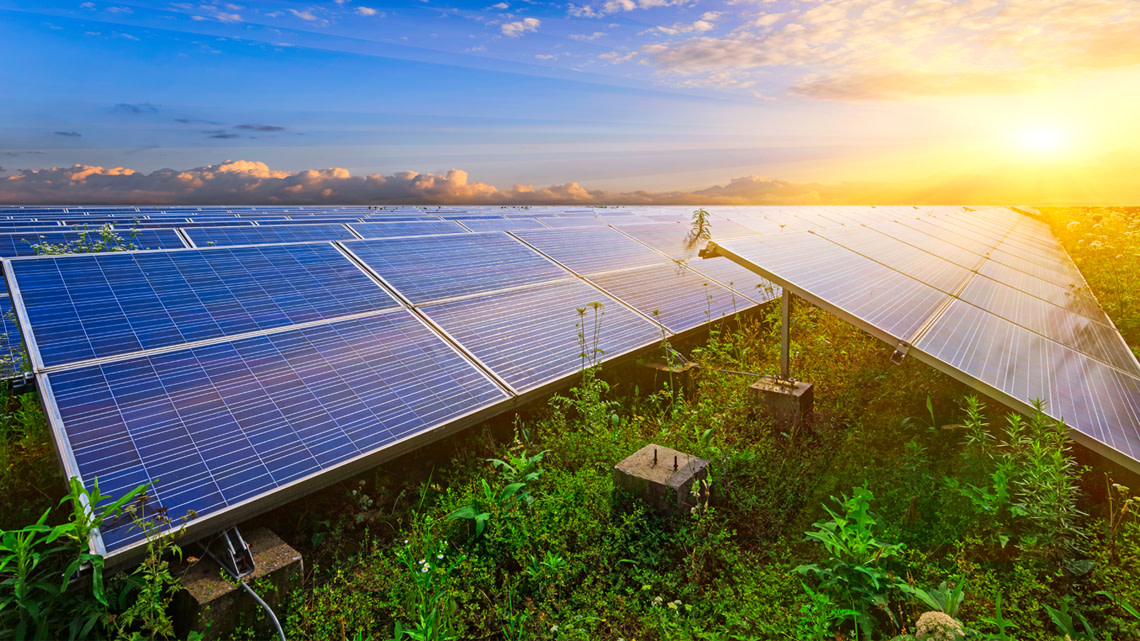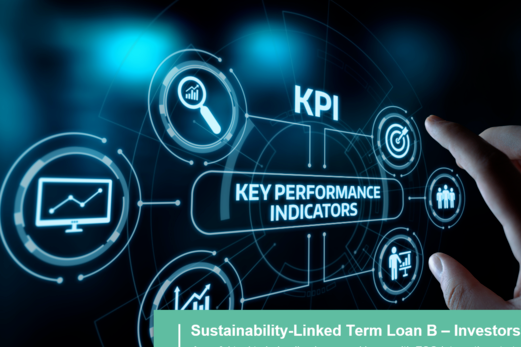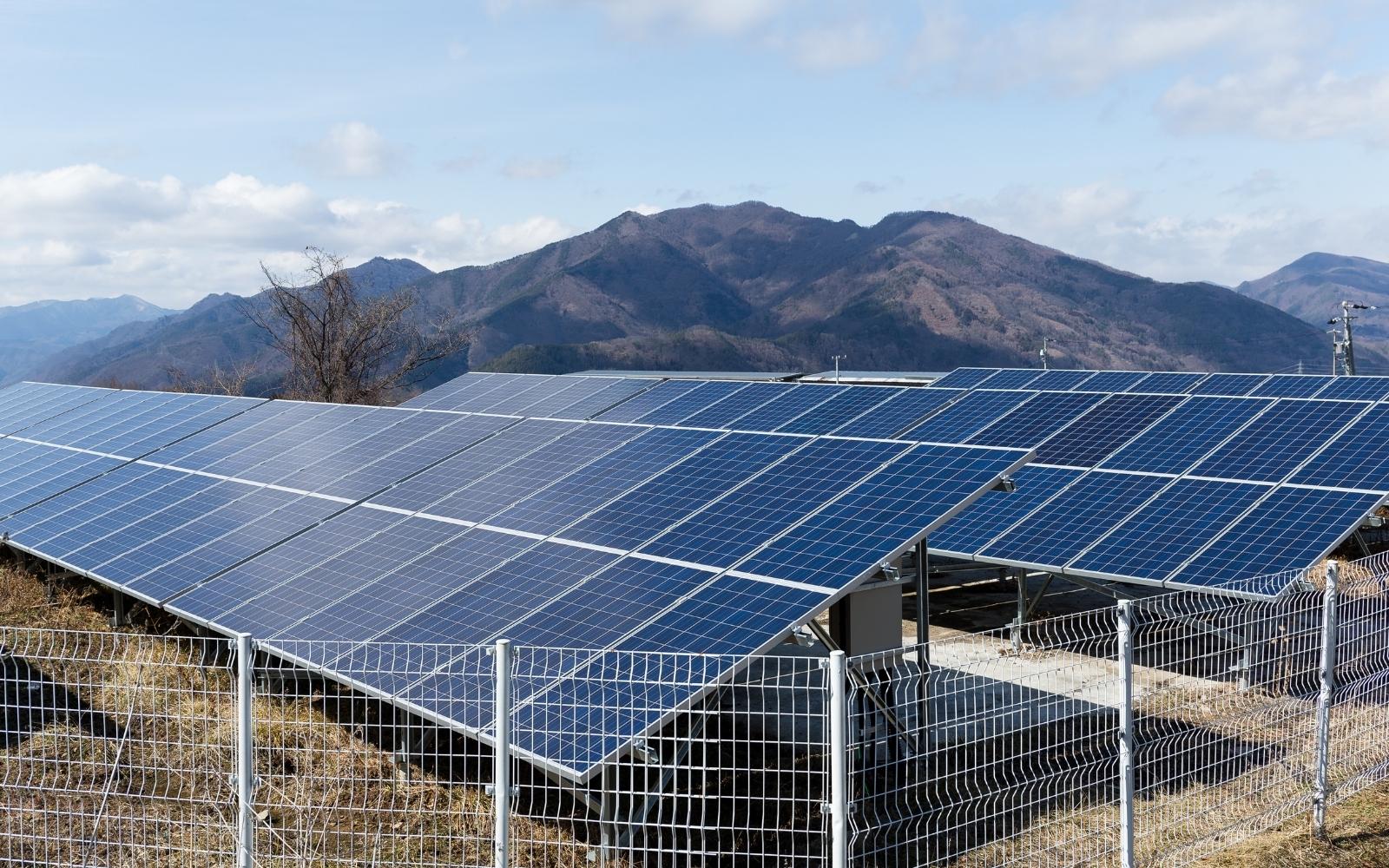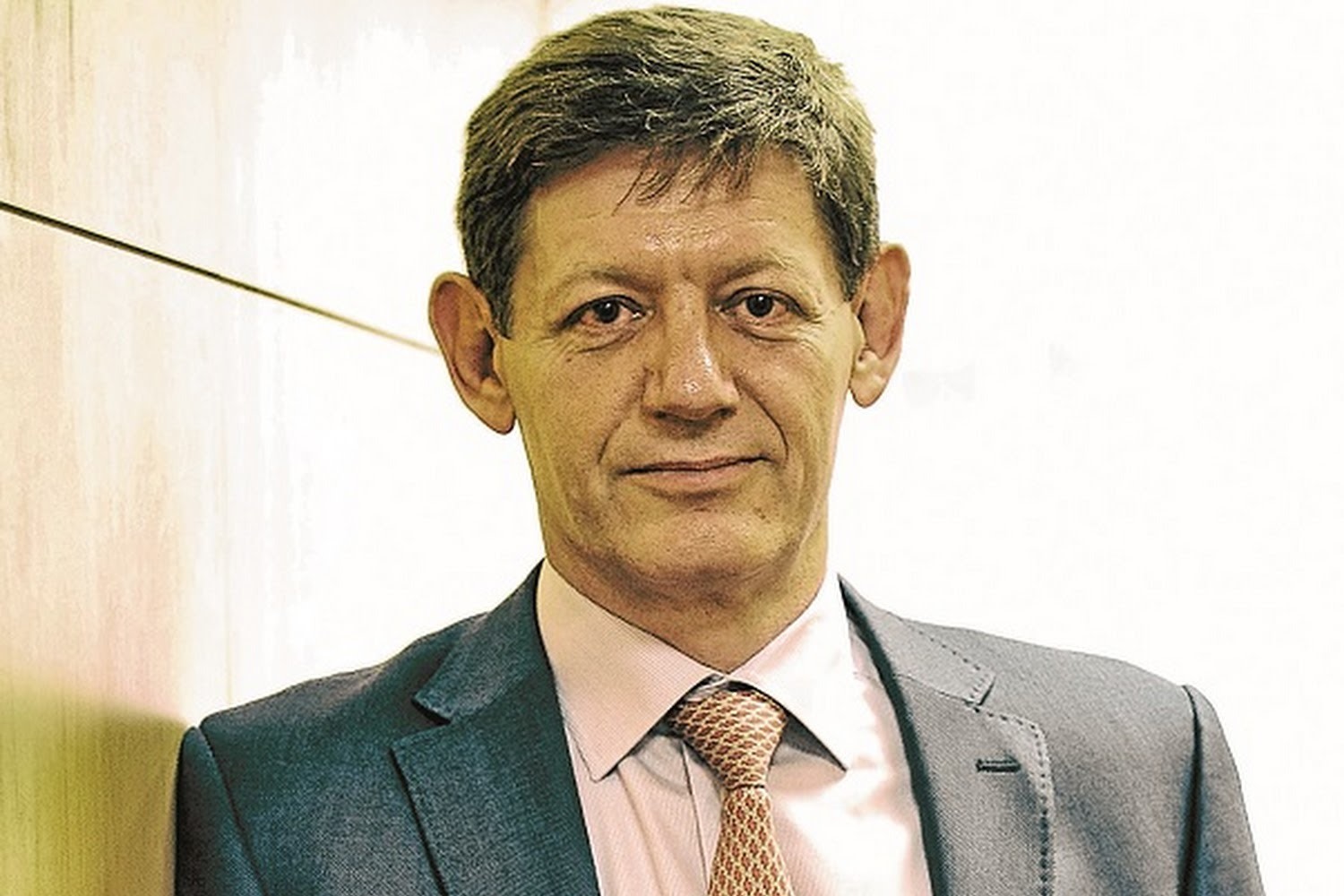Absa Group Sets Net Zero Targets
Absa Group Limited
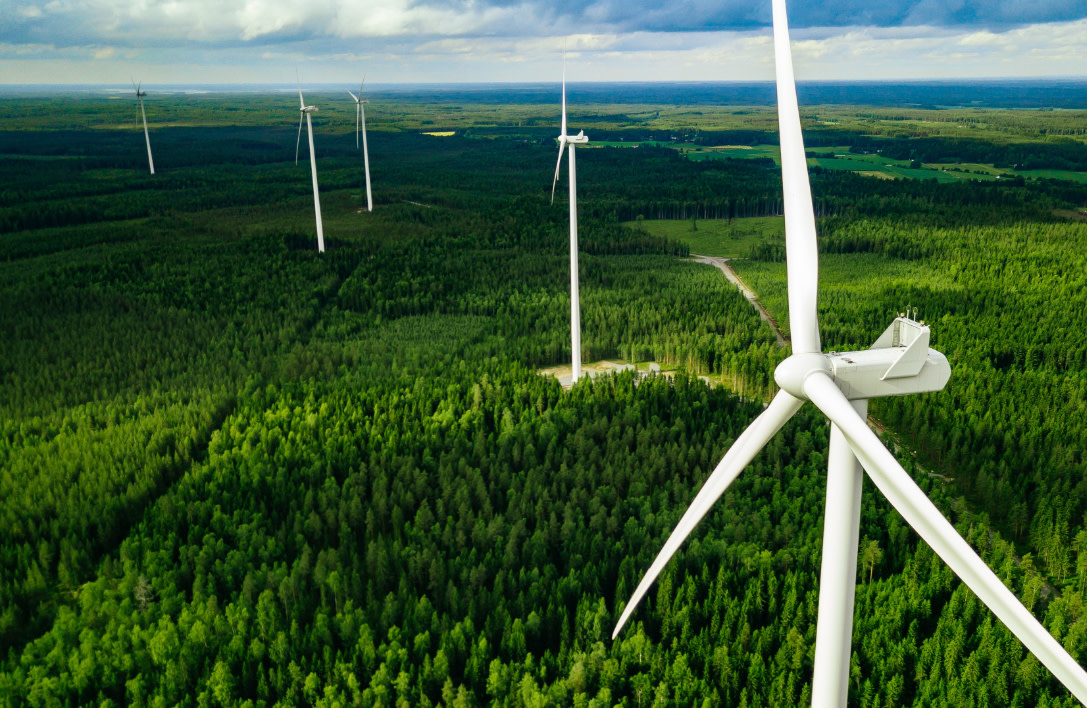
Absa Group, the biggest financier of renewable energy in Africa, unveiled its target to achieve Net Zero status by 2050 for scope 1, 2, and 3 emissions as part of its wider commitment to sustainability and sustainable finance.
The group is dedicated to becoming a positive force in society by prioritising activities that generate positive environmental, social, and economic outcomes while minimising negative impacts.
“While we recognise Africa’s particular vulnerability to climate change, our approach to Net Zero also takes cognisance of the development needs of Africa’s people,” said Punki Modise, Absa Group Chief Strategy and Sustainability Officer.
“Our Net Zero declaration underpins our belief in and support for a Just Transition. The transition to a resilient and sustainable economy must be inclusive and equitable for communities, investors, and industries and leave no one behind. We are committed to mobilising the resources necessary for supporting our clients’ energy transition, thereby reducing their carbon emissions and, ultimately, those of the countries in which we operate,” she said. "Our commitment to entrench environmental, social, and governance (ESG) principles throughout our business underpins this support, as we believe that ESG is vital for delivering real long-term value and our purpose of empowering Africa’s tomorrow, together, …one story at a time."
Operational Emissions
Absa Group is committed to reducing operational emissions by 51.0% from 2018 levels by 2030 and has already achieved an overall reduction of 21.3%. The group will set near and long-term scope 1 and 2 targets, to be validated by the Science-based Targets initiative (SBTi).
Sectoral Targets on Financed Emissions
Absa Group aims to support a balanced energy mix and diversify electricity and energy supply while funding the coal sector in line with the Coal Financing Standard to address sustainability risks. As of 2022, the coal credit exposure was 0.04% of the Group loans and advances to customers. The group plans to reduce coal credit exposure limits from 0.20% in 2023 to 0.11% in 2030, with further reductions to 0.06% in 2040 and 0.03% in 2050.
The group plans to limit its credit exposure to the oil sector, expecting to reach a peak of 1.41% of loans and advances to customers in 2023, followed by significant reductions to 0.46% in 2030, 0.22% in 2040, and 0.04% in 2050. The group's gas sector credit exposure is expected to exceed oil by 2027, with a target to increase to 0.60% in 2023 and peak at 0.83% in 2030, followed by reductions to 0.52% in 2040 and 0.32% in 2050. The group considers gas a transition fuel and aims to support clients through the energy transition.
It aims to mobilise R100 billion of sustainable finance by the end of 2025 and finance R2.5 billion of embedded renewable power by 2025. The Group targets a compound annual growth rate of 26% for renewable energy lending by 2025 and commits to supporting the adoption of New Energy Vehicles (NEV) while considering charging and infrastructure needs.
Progress to date in Financing the Low-Carbon Energy Transition
It is Africa's leading bank in renewable energy financing, having issued Africa's first certified green loan and published its Sustainable Financing Issuance Framework. The group also closed a $400 million sustainability-linked term loan facility and made significant strides in delivering its sustainability agenda.
To demonstrate its commitment to renewable energy and the green economy, the Absa Group made a significant investment in the African Rainbow Energy platform. This involved an initial cash injection of R500 million and the transfer of R5 billion worth of its existing renewable energy assets. By doing so, the Group not only aligned itself with the renewable energy sector but also helped establish South Africa's largest black-owned renewable energy fund. The investment was also seen as a way for the Group to bring its expertise in renewable energy financing to the table.
The group commits to promoting sustainable finance and supporting clients in transitioning to a low-carbon economy. Incentivising clients to set targets for reducing their carbon footprint and promoting renewable energy consumption is an important step in achieving a sustainable future. I hope more financial institutions follow this example and work towards promoting sustainable finance.
The group has achieved a significant accomplishment by completing a groundbreaking deal with Harmony Gold Mining Company Limited. This deal is expected to set a precedent for future sustainable finance transactions throughout 2023 and beyond. The transaction, valued at R10.4 billion, stands as the most substantial sustainability-linked transaction in the sector in 2022. The deal provides incentives for Harmony Gold Mining Company Limited to lower its carbon footprint by establishing targets for reducing greenhouse gas emissions, increasing the use of renewable energy, and reducing water consumption.
By the end of 2022, Absa Relationship Banking in South Africa had financed more than R1 billion in small and medium enterprise (SME) embedded renewable power generation capacity. It played a crucial role as the sole sustainability coordinator in the initial sustainability-linked transaction in the paper and pulp industry for Sappi. Additionally, the bank facilitated the shift of Teraco's energy usage towards renewable sources by securing a R1.5 billion green loan.
Absa Group's top priority is to guarantee that its financing does not adversely affect vulnerable communities and that they have access to reasonably priced renewable energy. As a result, the bank conducts a rigorous due diligence process to evaluate the environmental and social impacts of its projects, ensuring that it adheres to the best practices in the industry.
Reporting and Disclosures
Absa Group is committed to becoming a leader in the financial services industry by moving away from a reactive and compliance-based approach to sustainable financing, reporting, and disclosures. Instead, the group aims to implement a strategy-driven approach to leverage the social impact, climate resilience, and enterprise shared-value opportunities that arise from its sustainability and Net Zero commitments. By adopting this approach, the group plans to unlock the full potential of these commitments and set an example for other organisations in the industry.
Absa Group is a founding signatory to the Principles for Responsible Banking (PRB) of the UN Environment Programme Finance Initiative, and also a signatory to the UN Global Compact. Its Net Zero strategy aligns with the UN Sustainable Development Goals (SDGs) and the Paris Climate Agreement.
The group intends to continue its sustainability reporting and disclosures, as well as the prescribed King IV Integrated Report while ensuring that it follows the latest standards and best practices to meet the growing need for transparency. Currently, Absa Group provides the following reports:
Environmental Social and Governance
Task Force on Climate-Related Financial Disclosures
Principles for Responsible Banking
Source: Absa Group


